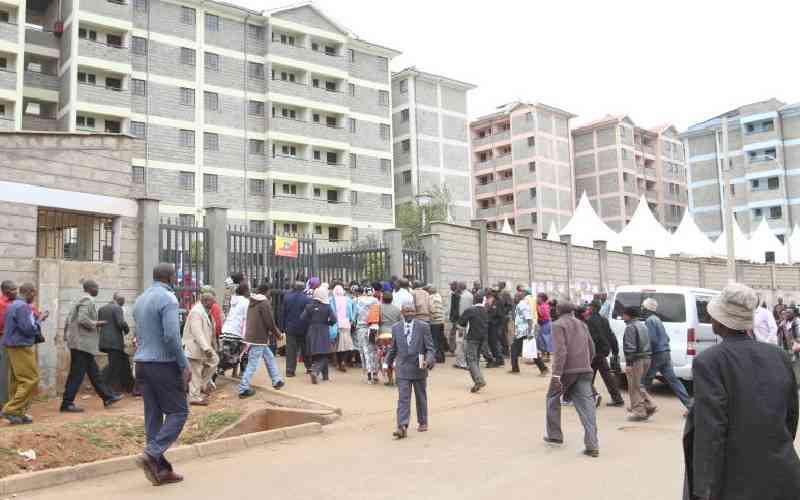×
The Standard e-Paper
Smart Minds Choose Us

Ongoing efforts by President William Ruto to improve access to affordable decent housing are well-timed.
President Ruto is expected in Kibera today to launch a mega affordable housing project at Soweto B where 5,000 units will be constructed. This will be the biggest social housing project ever undertaken in an informal settlement.